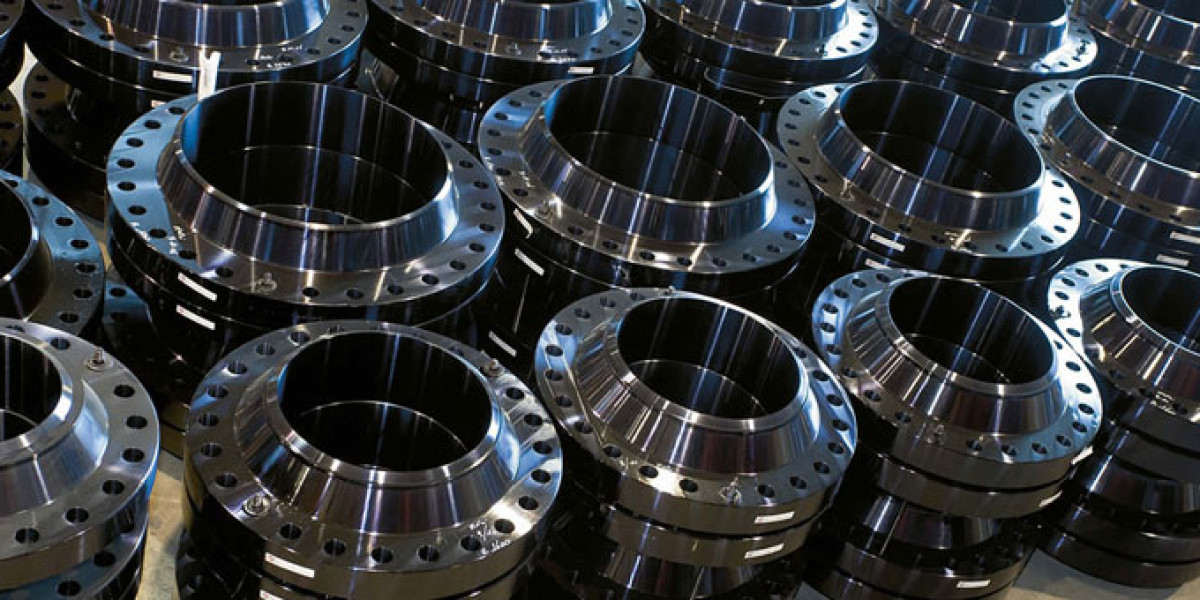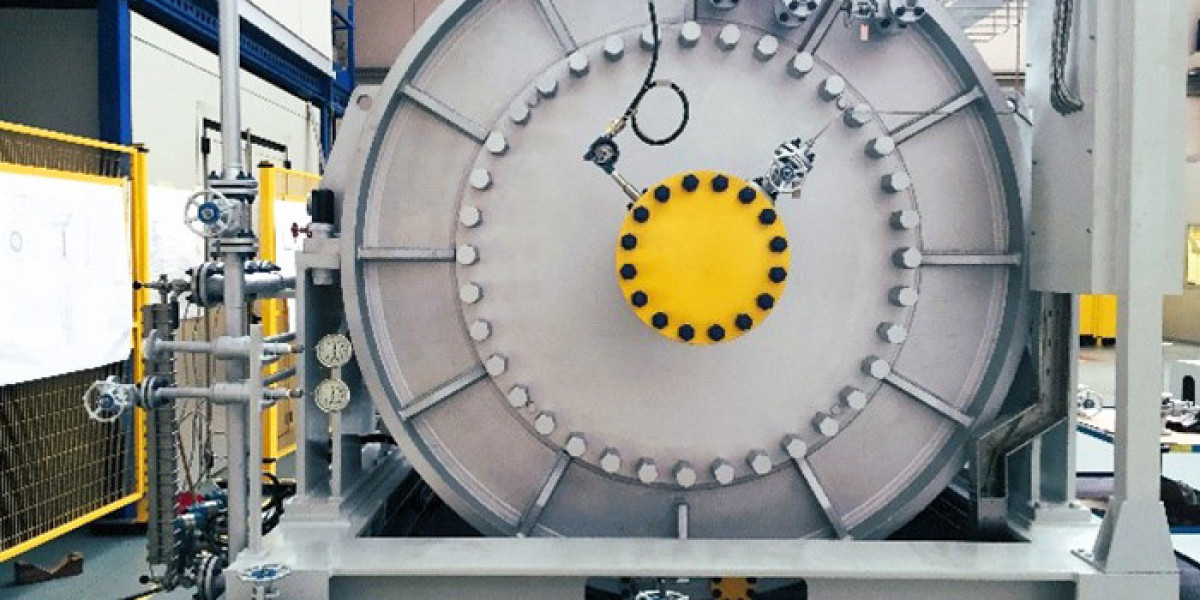When it comes to building robust and efficient piping systems, carbon steel flanges are essential components that provide strength, durability, and seamless integration. These fittings secure connections between pipes, valves, or other equipment, ensuring leak-proof and reliable systems across various industries. This article dives into the different types of carbon steel flanges and their specific uses, helping you choose the most suitable option for your needs.
What Are Carbon Steel Flanges?
Carbon Steel Flanges are pipe fittings made from carbon steel, a material known for its exceptional strength and performance in demanding environments. These flanges are primarily used to connect or terminate pipes, reroute fluid flow, or seal off pipeline sections. They are used extensively in industries such as oil and gas, petrochemicals, energy, water treatment, and more, thanks to their ability to handle extreme pressures, temperatures, and corrosive environments.
With a range of designs and specifications available, different types of carbon steel flanges are tailored for various operational requirements. Below, we’ll explore these types and their applications.
Types of Carbon Steel Flanges and Their Uses
Understanding the different types of carbon steel flanges is crucial to determining which one meets your project needs. Each type comes with distinct features that suit specific applications.
1. Weld Neck Flanges
- Design: This flange has a long, tapered neck that is welded to a pipe. Its robust design ensures the smooth transfer of stress to the pipe, reducing the risk of mechanical failure.
- Applications: Weld neck flanges are typically used in high-pressure and high-temperature systems like power plants, oil refineries, and chemical industries.
- Benefits:
- Excellent stress distribution
- Strong resistance to thermal expansion
- Ideal for critical environments
2. Slip-On Flanges
- Design: These flanges are designed to slip over the end of a pipe and are welded in place. They are easier and less expensive to install compared to weld neck flanges.
- Applications: Slip-on flanges are suitable for low-pressure and low-temperature systems, such as water pipelines.
- Benefits:
- Cost-effective
- Simple to install
- Versatile usage
3. Blind Flanges
- Design: Blind flanges are solid plates used to seal the ends of pipelines or block a section that needs to be isolated.
- Applications: They are commonly used in testing systems for pressure leaks or in maintenance scenarios where flow must be stopped.
- Benefits:
- Effective sealing and isolation
- Suitable for systems requiring frequent maintenance
- High resistance to pressure
4. Socket Weld Flanges
- Design: These flanges feature a socket where the pipe is inserted before welding. This creates a smooth bore and increases the flange's strength.
- Applications: Socket weld flanges are commonly used in small pipe systems under high pressure, such as hydraulic setups.
- Benefits:
- Leak-proof joint
- Excellent for small-diameter piping
- Strong and durable welds
5. Threaded Flanges
- Design: Threaded flanges are screwed onto pipes with matching threads, eliminating the need for welding.
- Applications: Threaded flanges are ideal for low-pressure and low-temperature setups, especially in flammable areas where welding is hazardous.
- Benefits:
- Simple to install and remove
- No welding required
- Reusable design
6. Lap Joint Flanges
- Design: These flanges work with a stub end, allowing for easy disassembly and alignment. They feature a loose design, meaning they are not directly welded to the pipe.
- Applications: Lap joint flanges are used in systems requiring frequent inspection or replacement, such as water treatment plants.
- Benefits:
- Easy to maintain
- Cost-effective for large systems
- Adjustable alignment
7. Reducing Flanges
- Design: Reducing flanges connect pipes of different diameters. They are available in both slip-on and weld neck formats.
- Applications: These flanges are critical in systems requiring size transitions, such as in chemical plants and fuel depots.
- Benefits:
- Smooth diameter transitions
- Customizable designs
- Maintains system integrity
8. Orifice Flanges
- Design: These specialized flanges are designed for flow measurement systems. They include provisions for installing orifice plates within the assembly.
- Applications: Common in chemical processing and water treatment plants, helping monitor flow rates and efficiency.
- Benefits:
- Accurate flow management
- Ideal for process control
- Designed for versatility
Key Benefits of Carbon Steel Flanges
1. High Strength and Performance
Carbon steel flanges are engineered for durability, allowing them to handle high-pressure and high-temperature operations effectively.
2. Cost-Efficient Material
Compared to other flanges, carbon steel options provide a perfect balance of affordability and long-term reliability, making them a popular choice worldwide.
3. Excellent Machinability
Carbon steel is easy to machine and customize, ensuring these flanges can meet unique project specifications with precision.
4. Corrosion Resistance
When treated with appropriate coatings or corrosion-resistant surface treatments, these flanges can withstand challenging environments, such as marine and chemical-exposed conditions.
Applications of Carbon Steel Flanges
Due to their versatility and strength, carbon steel flanges are used in multiple industries, including:
- Oil and Gas Pipelines: Ensuring secure connections for transporting petroleum, natural gas, and derivatives.
- Power Generation: Providing reliable performance in boilers, turbines, and heat exchangers.
- Chemical Processing Plants: Handling corrosive substances and extreme operating conditions.
- Water and Wastewater Treatment: Supporting systems for clean water delivery and effective wastewater management.
- Marine and Shipbuilding: Withstanding high saline environments in ships and offshore platforms.
Final Thoughts
If your looking for an Affordable & Best Supplier of Carbon Steel Flanges in India? Amco Metals is one of the Affordable & High-Quality Supplier of Carbon Steel Flanges & many more. When selecting a flange, always consider factors like pressure ratings, material standards, and system requirements. By doing so, you can ensure a long-lasting and cost-effective solution for your piping infrastructure. Invest in quality carbon steel flanges today to enjoy uncompromised performance and operational reliability!








